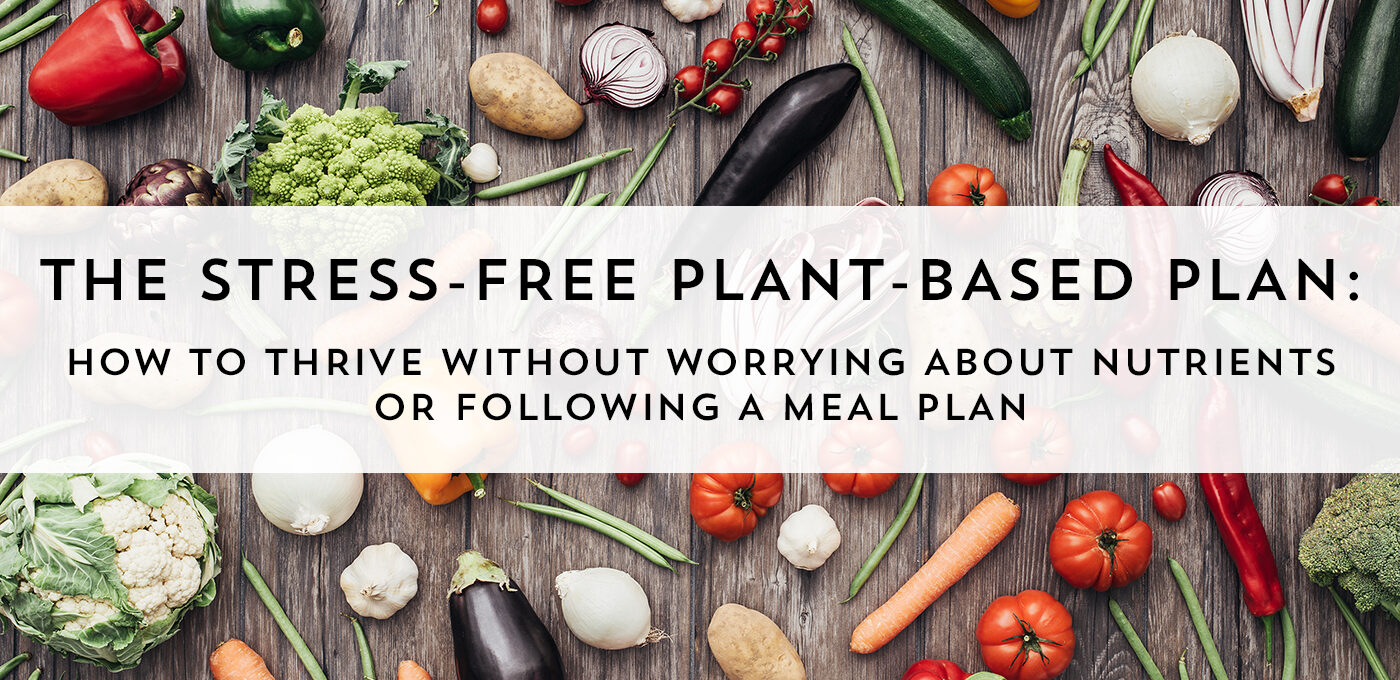When I decided to run a marathon I looked for advice on the internet and came across a podcast called “No Meat Athlete”. Matt Frazier, his creator, has ran marathons and ultraruns (up to 160 kilometers!) for many years and became a vegetarian / vegan more than 10 years ago. Hence “not meat athlete” (NMA) and hence my interest.
During the last NMA episode I heard about his new book coming up, The Plant-Based Athlete. If you, like me, pre-order it before June 15 you’ll get some nice digital goodies! This is free publicity, I don’t get any kickback or other kind of advantage.
In the process of looking at those goodies I stumbled across a video of Matt giving a lecture. This is an introduction to Matt’s Stress-Free Plant-Based Plan. Also known as the No Meat Athlete’s Perfect Day. Subtitle: “How to thrive without worrying about nutrients or following a meal plan.”
Let me describe how Matt’s perfect meal day looks like. I will later explain why it is so perfect!
1. Smoothie or Oatmeal
Matt starts the day with an oatmeal or a smoothie. This breakfast’s ingredients:
- Berries or other fruit
- Flaxseeds or other nut
- Greens, like spinach or broccoli
- Green/White Tea Leaves or matcha powder
- Turmeric
And of course oats if you rather have something more to fill your stomach
You can find many of Matt’s recipes here. You get many more if you pre-order his book ;-).
2. Giant salad with beans & nut-based dressing
For lunch, Matt has a big bowl of greens, throws in beans, other veggies, and tops it off with a nut-based dressing such as tahini with garlic and onions. To make this more filling Matt might add whole grains like rice, quinoa or whole wheat bread. For dessert? Fruit!
3. A grain, a green, and a bean
For the last meal of the day Matt makes a burrito, tacos, soup, pasta or curry, and tries to always work in onions or garlic. This dinner is based on the following ingredients:
- Whole grains
- Cruciferous and other (green) vegetables
- Beans
- Mushrooms
- Turmeric
- Nuts or seeds (topping or dressing)
Snacks are allowed in Matt’s diet. Think fruit, hummus with veggies or whole grains (crackers, bread). And let me add that Matt, as a 100% vegan adds supplements to his diet. Whole-food, plant-based diets, while very high in many micronutrients, typically don’t provide enough vitamins B12, D3, and DHA/EPA.
No Meat Athlete Framework
So, have you discovered a pattern in this perfect meal day? Well, there is a one!
Matt Frazier developed a framework based on reading two books: How Not to Die (Michael Greger, M.D. and Gene Stone. New York: Flatiron Books, 2015) and Super Immunity (Joel Fuhrman, M.D. New York: HarperOne, 2011). The common denominator is that to remain healthy there are eight food groups that you basically need to eat every day.
These “8 foods to eat every day” are:
- Greens (leafy greens, cruciferous vegetables). Eat them often, raw and cooked!
- Other vegetables, mushrooms and whole grains.
- Berries and other fruits. Quoting Matt: “the most vibrantly colored fruits because of their strong anti-inflammatory, anti-oxidant, and anti-cancer properties. Buy them organic if possible.”
- Flaxseeds and other nuts and seeds. These natural fats are high in Omega-3s among other good stuff.
- Beans, that includes lentils, chick peas and other legumes. They are a food common to the world’s longest-lived cultures (see my piece on the Blue Zones).
- Onions and garlic. Not because they taste great but because of their positive effect on reducing cancer risks.
- Turmeric / curcumin. Thanks largely to its pigment it protect against heart disease & cancer. Others spices are beneficial as well.
- Tea, green, white or herbal. Because it’s high in antioxidants.
Good to know as well: Matt warns that some of these foods may not be good for you. Turmeric may cause pain for people will gall stones. I you’re on blood thinning medication, eating an abundance of greens could require that your doctor up your dosage to prevent blood clots. So as always: there are exceptions and it’s recommended you consult your physician if you suffer specific conditions.
As the subtitle mentioned earlier indicates: if you manage to work these eight food groups in your daily diet, you don’t have to worry about “am I getting enough proteins?” (or other nutrients).
As always, I hope this inspires you. Go for a run and eat healthy!
